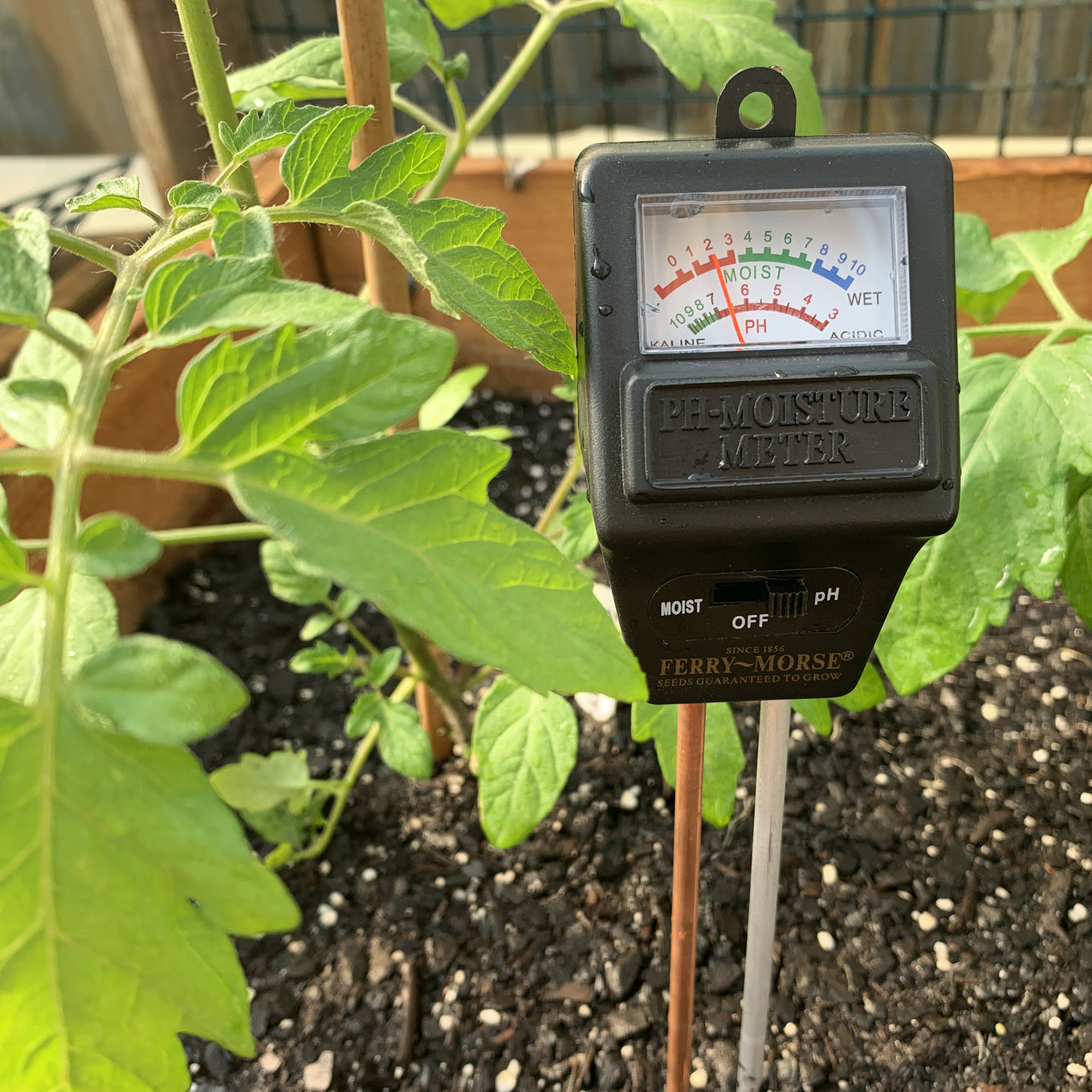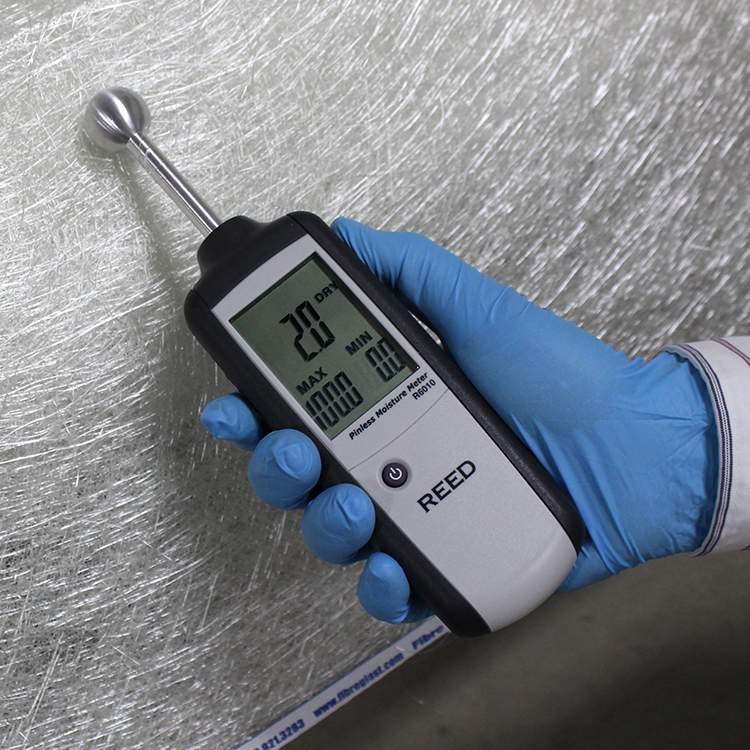The Scientific Research Behind Moisture Meters: Just How They Function and Why They're Crucial
The Scientific Research Behind Moisture Meters: Just How They Function and Why They're Crucial
Blog Article
The Ultimate Overview to Moisture Meters: A Comprehensive Introduction and How They Can Save You Cash
In the realm of building maintenance, building and construction, and numerous sectors, the relevance of accurately gauging dampness levels can not be overemphasized. Wetness meters work as crucial devices in identifying and monitoring moisture content in products, helping in preventing costly damages and making certain the high quality of products. Comprehending the subtleties of different kinds of wetness meters, their applications, and the potential cost-saving advantages they use can be a game-changer for specialists and companies alike. Discovering just how these gadgets can not just improve procedures but likewise contribute to economic savings is a journey worth starting.
Types of Dampness Meters
Numerous kinds of dampness meters are available for different applications in different industries. One common kind is the pin-type dampness meter, which gauges the electrical resistance in between two pins put into a material. This kind is ideal for wood, drywall, and other structure products. Pinless dampness meters, on the other hand, usage electromagnetic sensor plates to check a larger area without creating damages to the product's surface. Moisture Meter. These meters are suitable for promptly analyzing moisture levels in large locations such as wall surfaces and floorings.

Furthermore, there are additionally specialty moisture meters made for certain materials like hay, grain, or dirt. These meters supply accurate dampness analyses tailored to the distinct buildings of the product being checked. Infrared wetness meters measure the thermal properties of a product to identify its dampness web content non-invasively, making them useful for applications where pin or pinless meters may not appropriate. Understanding the various kinds of wetness meters available can assist markets choose one of the most appropriate device for their specific moisture dimension needs.

Advantages of Using Wetness Meters
Wetness meters provide invaluable advantages in properly keeping track of and evaluating wetness degrees in varied materials and atmospheres (Moisture Meter). One of the primary benefits of using dampness meters is the avoidance of potential damage brought on by excess wetness. By spotting and addressing high wetness levels beforehand, dampness meters help to avoid mold and mildew growth, rot, and architectural damage in structures, conserving both time and money on fixings. In addition, dampness meters aid in ensuring the quality of materials during building or manufacturing processes. By precisely measuring moisture material, these devices help preserve the stability of timber, drywall, concrete, and other products, minimizing the threat of problems or failings.
Additionally, using moisture meters can bring about boosted energy efficiency. By recognizing locations with high moisture degrees, such as leaks or poor insulation, changes can be made to boost energy preservation and minimize utility expenses. In farming setups, wetness meters play a vital function in optimizing plant yields by making it possible for farmers to check soil wetness levels and make notified irrigation choices. In general, the advantages of using dampness meters cover across numerous industries, offering economical options and advertising much better high quality control practices.
Just How to Select the Right Dampness Meter
Choosing the appropriate wetness meter entails thinking about key variables such as product compatibility, dimension range, and calibration accuracy. When picking a moisture meter, it's vital to make certain that the meter appropriates for the details product you will be screening. Different products have varying electric residential properties that can affect moisture readings, so choosing a meter created for your product is crucial for accurate results. Furthermore, think about the dimension variety of the dampness meter. Guarantee that the meter can detect dampness levels within the range required for your applications. Calibration precision is an additional important factor to keep in mind. Choose a moisture meter with dependable calibration to guarantee consistent and precise readings. Some meters might need regular calibration modifications, so comprehending the calibration process is necessary. By thoroughly assessing these factors, you can over here pick a dampness meter that fulfills your requirements and offers accurate moisture dimensions for your jobs.
Correct Methods for Moisture Meter Use

Expense Savings With Moisture Meter Applications
Exactly how can the calculated use of dampness meters cause substantial expense financial savings across numerous industries? Moisture meters play an important function in cost financial savings by stopping prospective damage and ensuring top quality control in various industries. In the agriculture sector, dampness meters aid in identifying the optimal time for collecting crops, pop over here preventing excess or over-drying dampness that can impact the last item's quality. This specific tracking helps farmers stay clear of unnecessary losses and optimize their yield.
Likewise, in building and construction, moisture meters aid prevent expensive problems by identifying dampness degrees in building products, such as wood or concrete, which can result in structural issues if not attended to quickly. By identifying problem areas early on, professionals can take corrective procedures to avoid substantial fixings or substitutes, inevitably conserving time and cash.
In addition, in the food handling industry, moisture meters are vital for keeping an eye on product quality and making sure conformity with security laws. By precisely measuring dampness content in food, suppliers can protect against perishing, preserve quality, and reduce waste, causing substantial expense financial savings. On the whole, the calculated application of moisture meters is a useful financial investment that can result in substantial expense decreases and improved efficiency across numerous sectors.
Conclusion
In conclusion, moisture meters are important tools for finding and determining wetness levels in numerous products. By using the ideal wetness meter and following proper strategies, customers can properly stop costly problems brought on by excess wetness. Buying a quality dampness meter can cause considerable cost savings over time by recognizing possible problems at an early stage and enabling punctual remediation. Ultimately, dampness meters are important instruments for maintaining the integrity and long life of structures and products.
Dampness meters offer as vital tools in finding and monitoring moisture material in products, helping in stopping costly damages and making certain the high quality of products. Infrared wetness meters gauge the thermal residential or commercial properties of a material to identify its moisture web content non-invasively, making them helpful for applications where pin or pinless meters may not be ideal.Dampness meters offer vital advantages in properly checking and examining moisture levels in varied products and atmospheres. In farming setups, moisture meters play an important duty in you can try this out maximizing plant yields by enabling farmers to keep track of soil dampness levels and make informed irrigation decisions.In conclusion, moisture meters are important tools for identifying and determining dampness degrees in numerous products.
Report this page